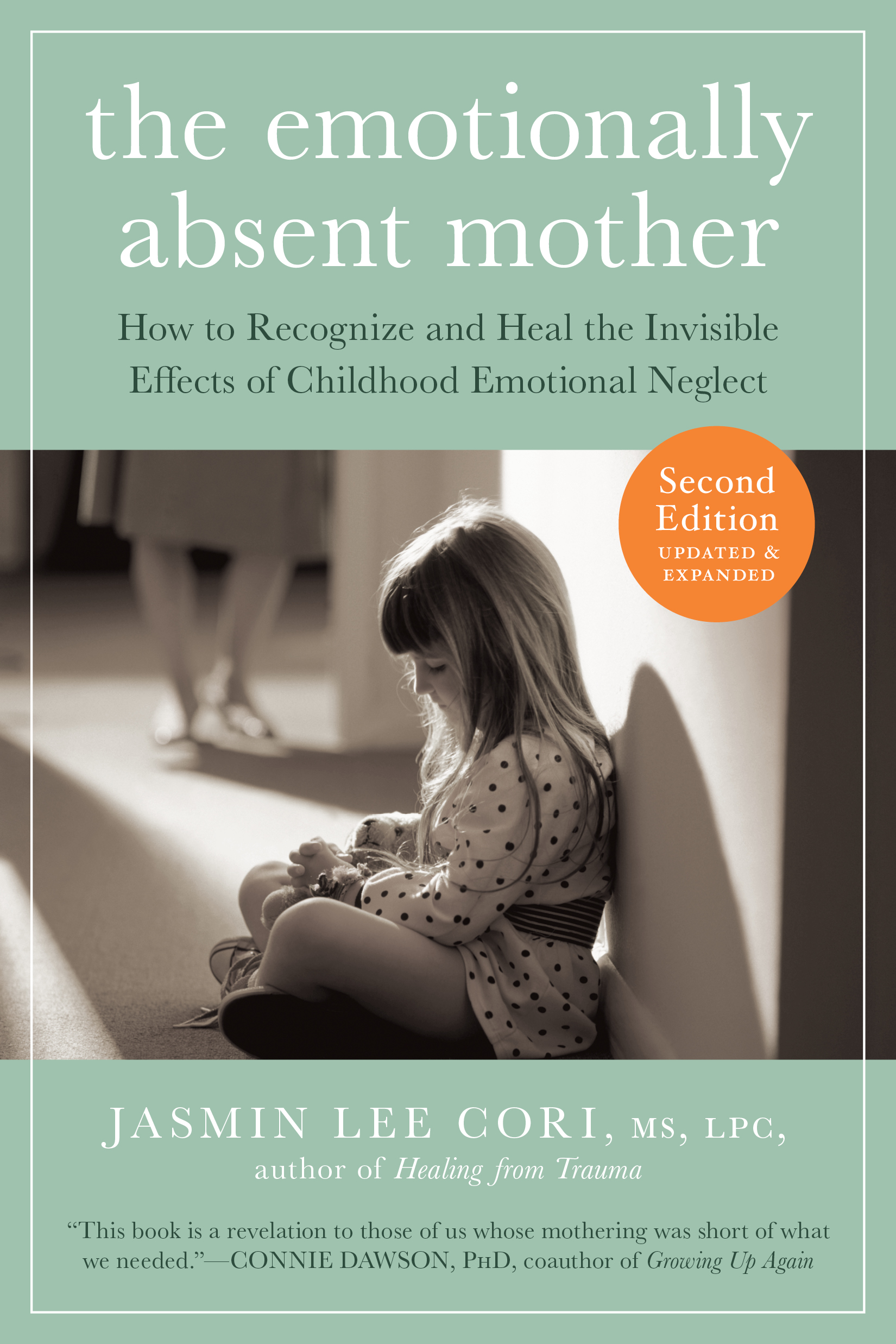The groundbreaking guide to self-healing and getting the love you missed.
Was your mother preoccupied, distant, or even demeaning? Have you struggled with relationships—or with your own self-worth? Often, the grown children of emotionally absent mothers can’t quite put a finger on what’s missing from their lives. The children of abusive mothers, by contrast, may recognize the abuse—but overlook its lasting, harmful effects.
Psychotherapist Jasmin Lee Cori has helped thousands of men and women heal the hidden wounds left by every kind of undermothering. In this second edition of her pioneering book, with compassion for mother and child alike, she explains:
• Possible reasons your mother was distracted or hurtful—and what she was unable to give
• The lasting impact of childhood emotional neglect and abuse
• How to find the child inside you and fill the “mother gap” through reflections and exercises
• How to secure a happier future for yourself (and perhaps for your children)

